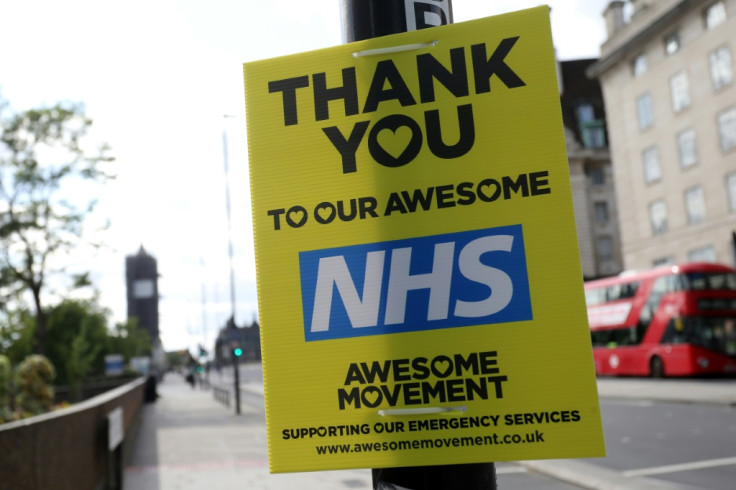Coronavirus could cause long lasting 'psychiatric effects,' NHS experts
Not only lockdown but the virus itself can contribute to a poor mental health of people, according to researchers.
Lockdown due to coronavirus pandemic might lead to mental health problems for children, according to a senior NHS director. In addition, psychiatrists believe that its impact could cause long-lasting psychiatric effects.
According to Independent, in a webinar with the Royal Society of Medicine, Professor Tim Kendall, NHS England's national clinical director for mental health, that there is "no doubt" children are hard hit due to the lockdown and are suffering poor mental health. Therefore, he urges NHS "to be assertive" in finding and helping children in difficulty.
Similar warnings have been issued by psychiatrists and charities who are dealing with patients recovering after intensive care treatment and persons dealing with the severe effects of lockdown and slowing down the economy. Meanwhile, experts believe that the virus could also impact the brain and lead to psychiatric problems in people, the effects of which could last longer than a decade.
Professor Ed Bullmore, a neuroscientist at Cambridge University, points out at the evidence describing the impact of the Sars-CoV-2 virus on patients' mental health. He goes on to explain that in research a number of COVID-19 patients experienced "kind of altered mental state," including "cases of psychosis mood disorder and cognitive impairment." Experts believe that the virus could result in some sort of a "neurotoxic illness."
"We don't know necessarily the causes of that neurotoxicity. It could be that the virus infects the brain; it could be that the immune response to the virus damages the brain, or it could be the blood supply to the brain. All those mechanisms look plausible at the moment," Bullmore said.
Meanwhile, he suggests that previous epidemic reports also reveal a "pretty severe" impact on the brain. The research that included follow-ups with patients of acute illnesses for up to 12 years also revealed "quite high frequencies of post-traumatic stress disorder, depression, anxiety, insomnia, and mild cognitive impairment."
Therefore, the researchers believe that COVID-19 must be taken "very seriously" by psychiatrists and mental health professionals for months and years to come.
During the webinar, Kendall discusses the impact of lockdown on children particularly those with neurodevelopmental problems. With a 50 percent increase in the calls to Childline, it is believed these children are now experiencing "stress" while their parents struggle to educate them at home.
Nonetheless, NHS is actively working to tackle the problem.
"The cat is out of the bag; everybody knows that mental health has poor outcomes for physical health, for the economy etc. So now is the time to ensure mental health stays healthy. We won't stop ensuring this happens, and Simon Stevens (NHS England's chief executive) is completely behind it. I think we still stand a very good chance of that happening," Kendall said.

If you or someone you know is having thoughts about suicide, the Samaritans provide a free support service for those who need to talk to someone in the UK and Republic of Ireland. Visit Samaritans.org or call 116 123 (UK) or 116 123 (ROI), 24 hours a day, 365 days a year. Visit this website to find a support phone number in your country.
© Copyright IBTimes 2025. All rights reserved.





















